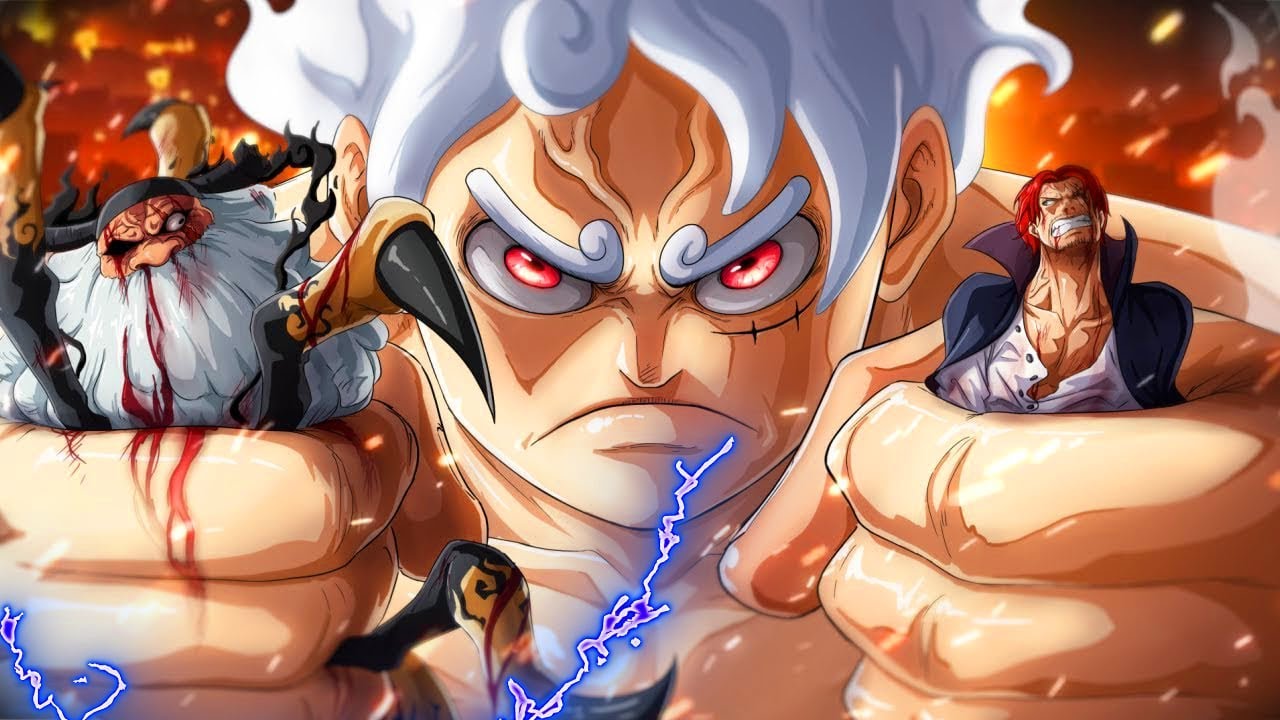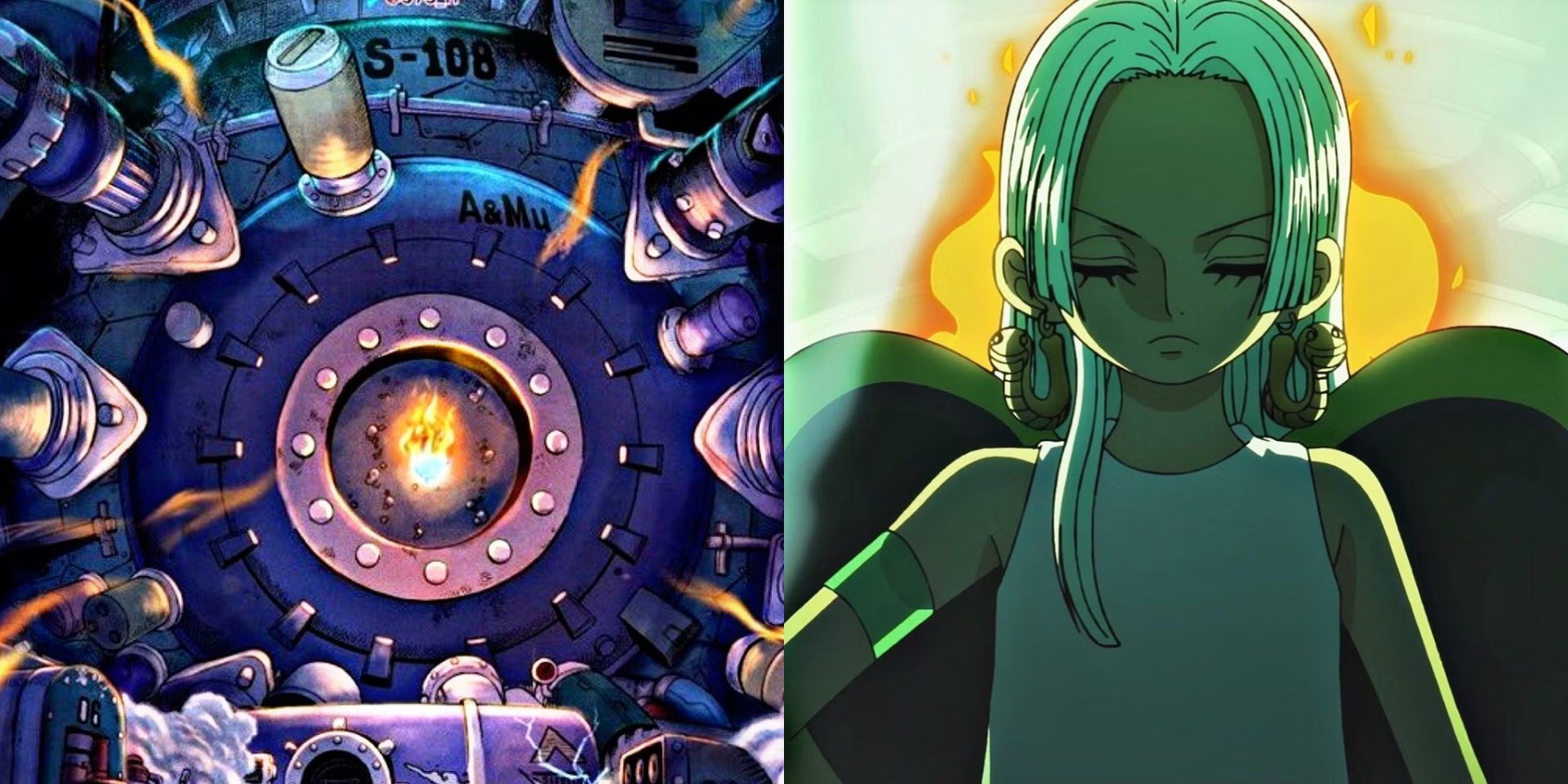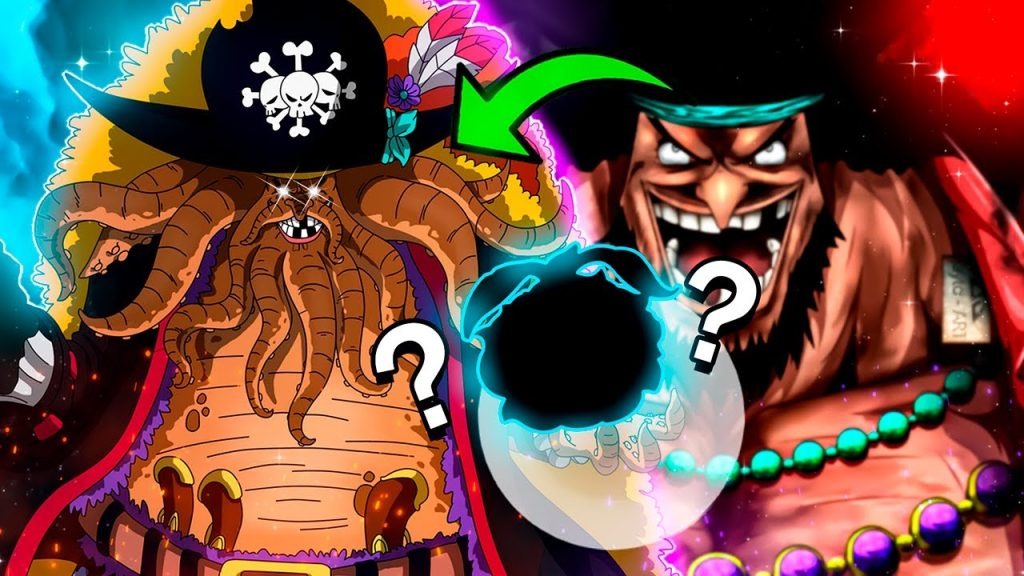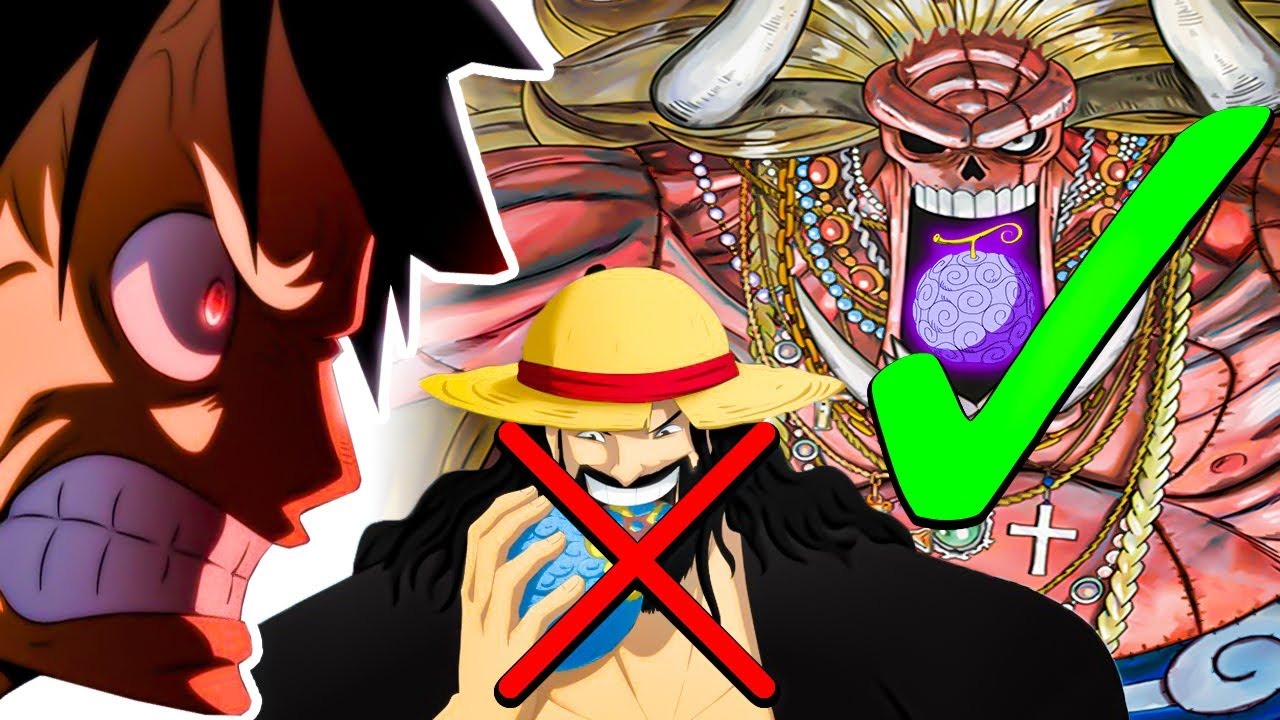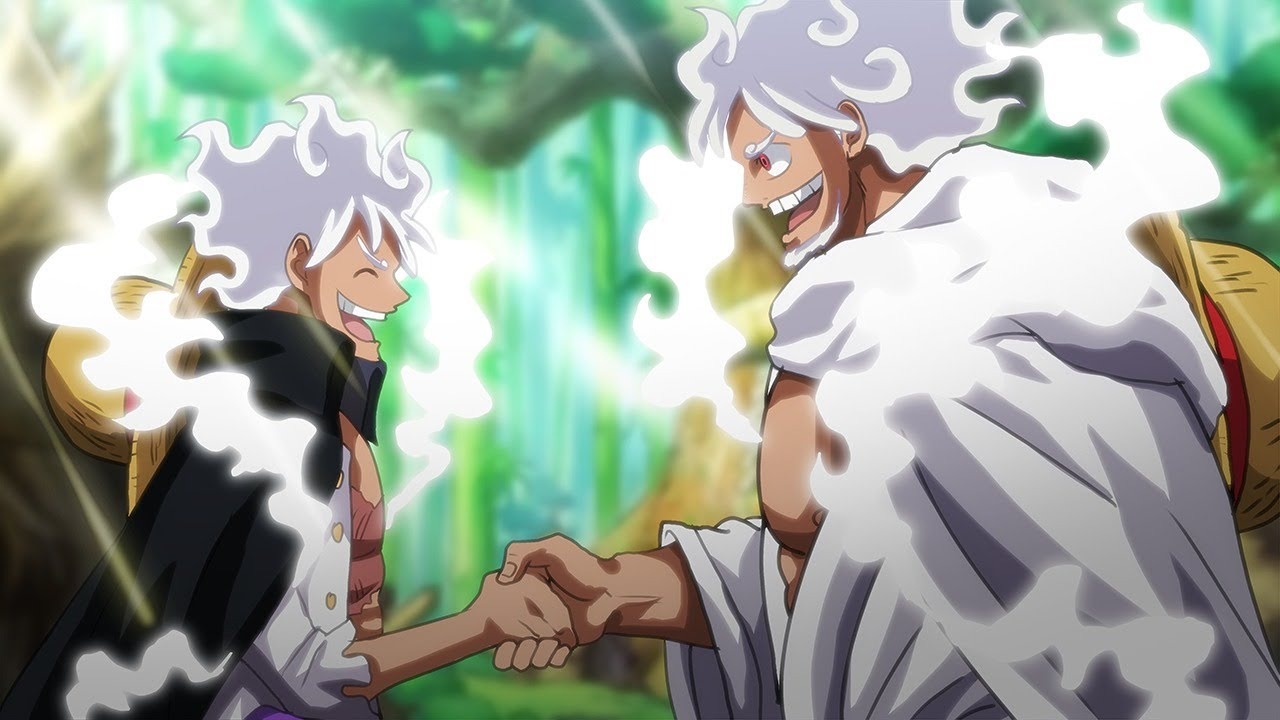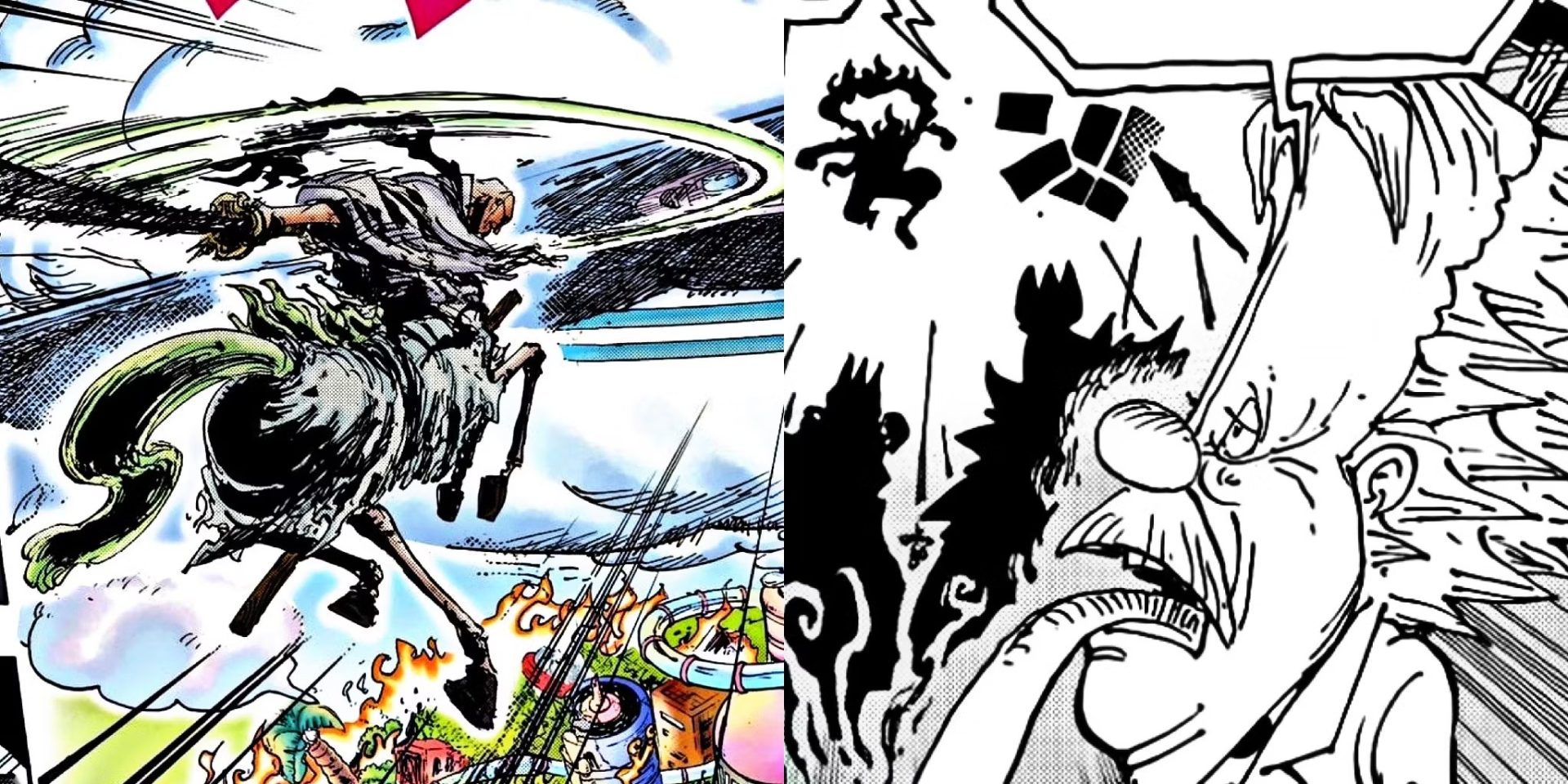
Ever since his introduction in the series, Uzumaki Naruto has been intrinsically tied to the dream of becoming Hokage. He has always openly shared this aspiration with both friends and foes, relentlessly pursuing his goal despite the challenges.

Eventually, after much perseverance, Naruto’s dream of becoming the Hokage of Konoha finally became a reality. However, this prestigious position brought with it a set of strict prohibitions and responsibilities that Naruto had to abide by, known as the “Four Taboos for the Seventh Hokage.”
Shift in Attitude
Despite his earlier confrontations with the people of Konoha and his rebellious nature during his youth, Naruto, as Hokage, had to adopt a more regulated approach towards his interactions. Suppressing his emotions and maintaining a gentle demeanor became crucial as displaying any form of rudeness or emotional volatility would jeopardize the trust and stability within the village.

Leadership Restrictions
Even though seasoned shinobi at Naruto’s level often undertake mentoring roles, the Hokage himself is prohibited from leading a ninja group directly. The responsibility of training and guiding the younger generation was entrusted to other senior shinobi, with only rare exceptions, as seen in the special case of Kawaki.
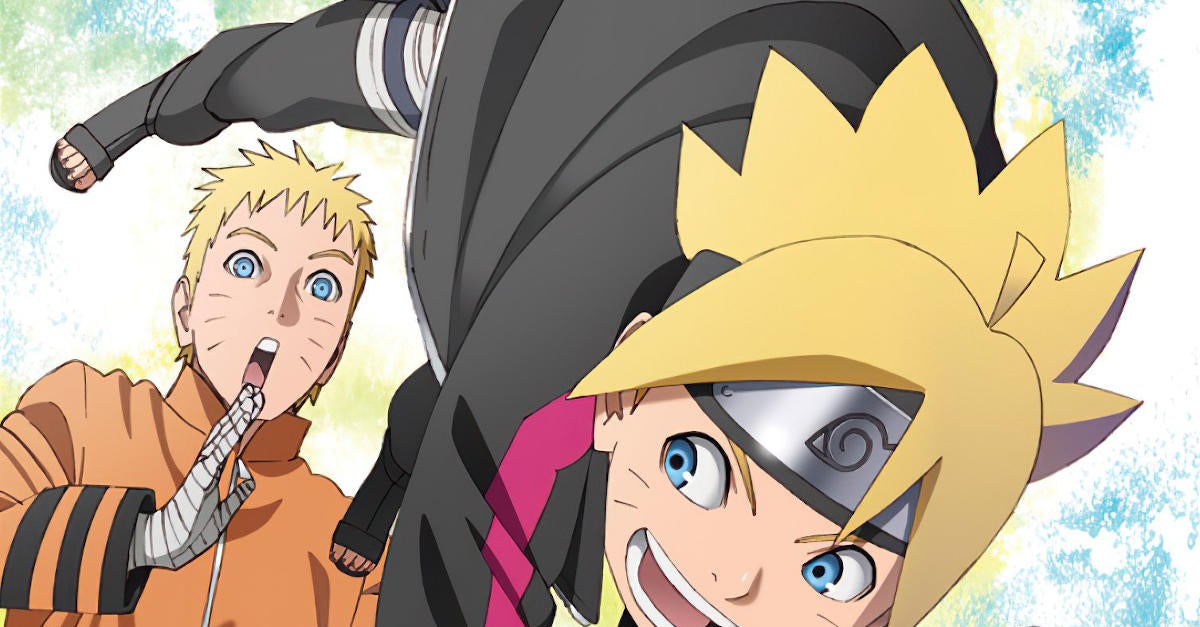
Balancing Responsibilities
Despite being a father and an accomplished shinobi, Naruto was unable to personally train his own son, Boruto. The demands of his role as Hokage left him with minimal time for familial obligations. Consequently, Sasuke, Naruto’s trusted comrade, took on the role of Boruto’s mentor. The irony of this situation was not lost, especially considering Naruto’s ability to carve out time for training Kawaki amidst his busy schedule.

While this arrangement seemed ironic, it was acknowledged that Sasuke’s guidance was particularly fitting for Boruto, considering his own experiences and skills.
